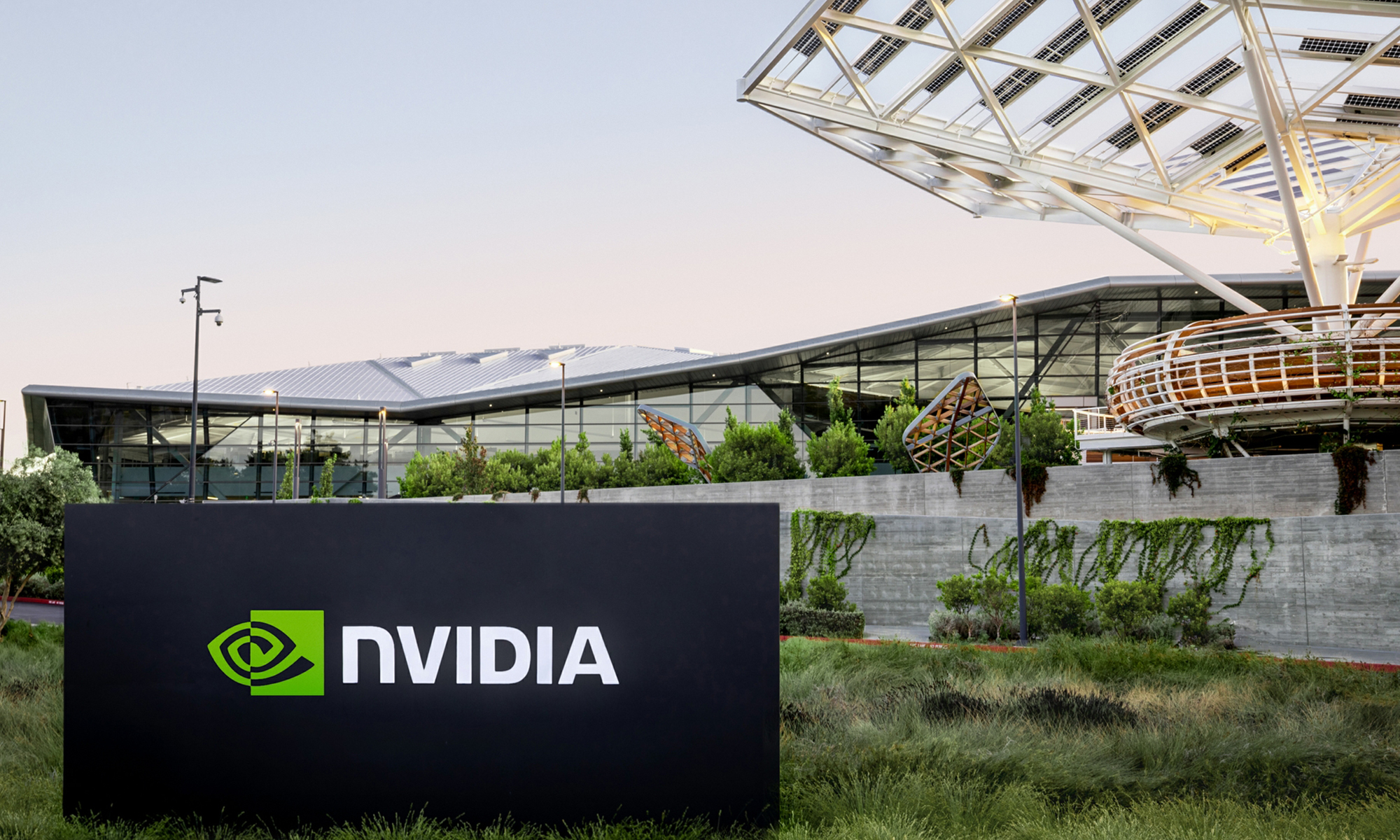Nvidia (NVDA 0.34%) has been a shining star of the artificial intelligence (AI) boom. Its 912% return since January 2023 is the second best in the S&P 500 (^GSPC 0.05%). Yet the following hedge fund managers listed sold Nvidia and bought the iShares Bitcoin Trust (IBIT +1.21%) in the first quarter:
- Billionaire Ken Griffin of Citadel Advisors sold 1.5 million shares of Nvidia, cutting his stake 50%. He also added 2 million shares of the iShares Bitcoin Trust, upping his position 195%.
- Billionaire Steven Cohen of Point72 Asset Management sold 2 million shares of Nvidia, cutting his stake 50%. He also added 1.3 million shares of the iShares Bitcoin Trust, upping his position 49%.
Investors should know a few things about those trades. Griffin and Cohen run two of the most profitable funds in history, so they are good sources of inspiration. However, readers should interpret them selling Nvidia as a total loss of confidence in the company. Instead, it is a reminder that portfolio diversification matters.
Also, the iShares Bitcoin Trust is an exchange-traded fund (ETF) issued by the largest asset manager in the world, BlackRock. It tracks the price of Bitcoin (BTC +0.87%), and several analysts expect a windfall for Bitcoin holders in the years ahead. The most bullish forecast implies 12,160% upside by 2045.

Image source: Getty Images.
1. Nvidia
Semiconductor company Nvidia has been an investor favorite in recent years because its graphics processing units (GPUs) are the industry standard in accelerating complex data center tasks like training large language models (LLMs) and running artificial intelligence (AI) applications. Indeed, Forrester Research analysts wrote, "Nvidia sets the pace for AI infrastructure worldwide. Without Nvidia's GPUs, modern AI wouldn't be possible."
Nevertheless, investors still got nervous when Chinese start-up DeepSeek introduced large language models reportedly trained with fewer and less powerful Nvidia GPUs than similar LLMs developed by United States companies like OpenAI and Anthropic. Investors worried that more efficient training techniques would reduce demand for Nvidia chips.
Additionally, the U.S. government gradually tightened export controls concerning advanced AI chips under the Biden administration. And despite revoking the unpopular AI Diffusion Rule -- which would have limited Nvidia's ability to sell chips in multiple countries -- the Trump administration has further tightened export controls with respect to China.
The DeepSeek debacle and rumblings about export restrictions caused Nvidia stock to sell off sharply early in the year, and those headwinds may explain why certain hedge fund managers reduced their positions in the chipmaker. However, investors misinterpreted the DeepSeek news. Cost efficiencies make AI accessible for more companies, and that has more than offset any reduction in demand.
Nvidia reported strong first-quarter financial results and Wall Street estimates adjusted earnings will grow at 40% annually through the fiscal year ending in January 2027. That makes the current valuation of 48 times earnings look quite reasonable. Importantly, while there is essentially no chance Nvidia will return 790% over the next three years (as it did in the last three years), I think the stock can still beat the market during that period.

NASDAQ: IBIT
Key Data Points
2. iShares Bitcoin Trust
Bitcoin has increased 15% to $106,000 year to date as of June 25. But several Wall Street experts anticipate substantial gains as adoption increases across retail and institutional investors, and across corporate and government treasuries. Details are provided below:
- Geoff Kendrick at Standard Chartered estimates Bitcoin will hit $500,000 in 2028. That implies 370% upside from its current price.
- David Puell at Ark Invest recently outlined a bull-case scenario in which Bitcoin hits $1.5 million by 2030. That implies 1,315% upside from its current price.
- Tom Lee of Fundstrat Global Advisors recently told CNBC Bitcoin can hit $3 trillion or more in the long run. That implies 2,730% upside from its current price.
- Michael Saylor at Strategy recently told CoinDesk Bitcoin can hit $13 million by 2045. That implies 12,160% upside from its current price.
The investment thesis for Bitcoin centers on its status as "digital gold." While asset prices depend on supply and demand, Bitcoin (like gold) is somewhat unique because its supply is fixed. That means demand is the most consequential variable, and investors have good reason to think demand for Bitcoin will increase in the years ahead.
The advent of spot Bitcoin ETFs like the iShares Bitcoin Trust has made it easier than ever to get Bitcoin exposure. Indeed, recently filed Forms 13F indicate the number of large asset managers (i.e., those with $100+ million in securities) with positions in the two largest spot Bitcoin ETFs -- iShares Bitcoin Trust and Fidelity Wise Origin Bitcoin Fund -- nearly tripled in the past year.
Meanwhile, the number of companies holding Bitcoin is climbing, and the quantity of BTC those companies own is increasing. Likewise, President Trump in March signed an executive order establishing a strategic Bitcoin reserve, and several states have introduced legislation aimed at doing the same. That momentum could eventually position the U.S. federal government and state governments as buyers of Bitcoin.
Here's the bottom line: Institutional adoption of Bitcoin is on the rise, and the favorable regulatory environment could help propel its price higher. I am very skeptical about the 12,160% upside implied by Michael Saylor's target price, but I do think long-term investors comfortable with volatility should have exposure to Bitcion. The iShares Bitcoin Trust is a great way to get that exposure.













